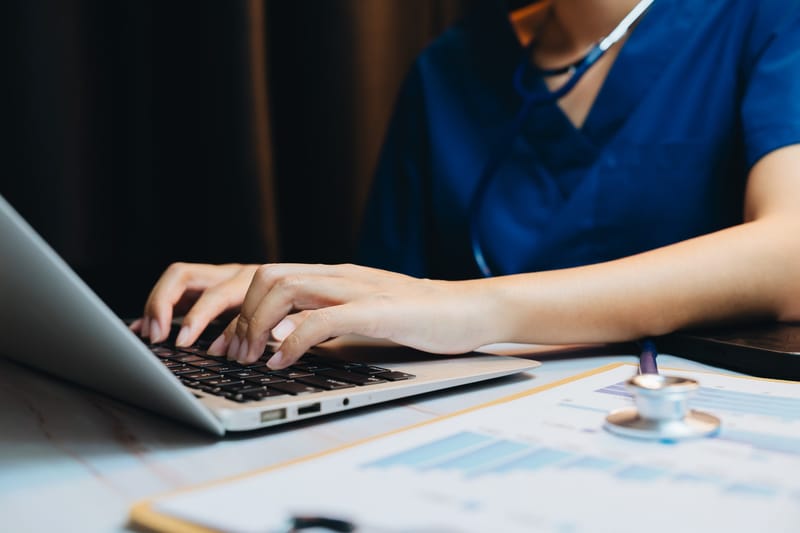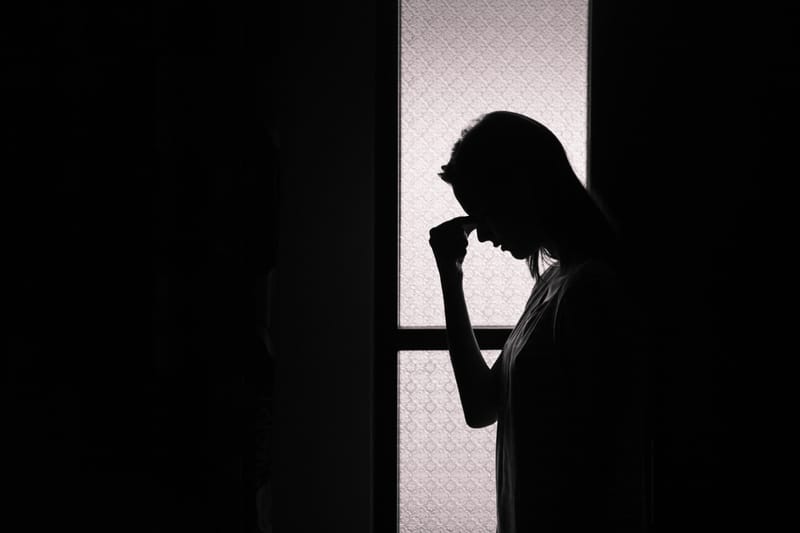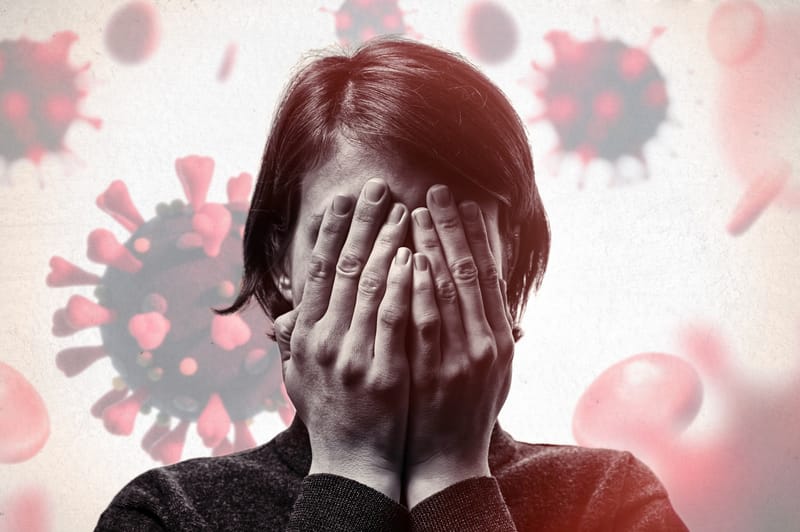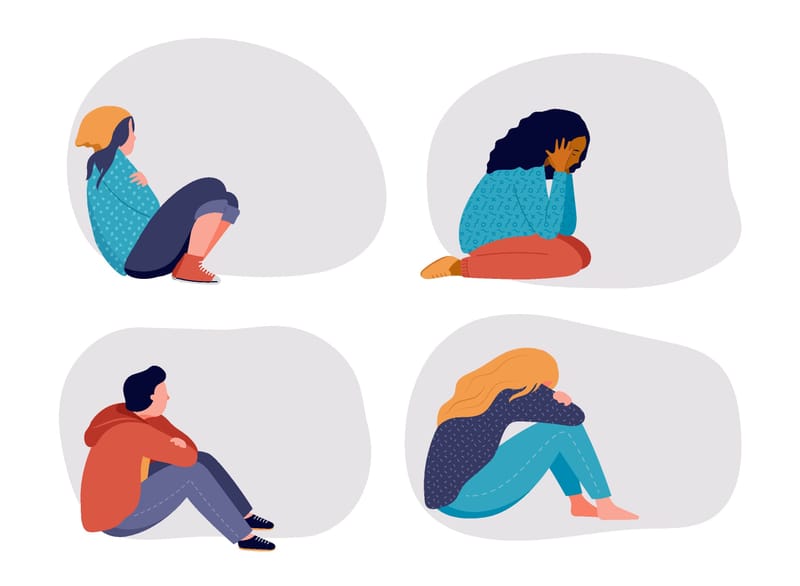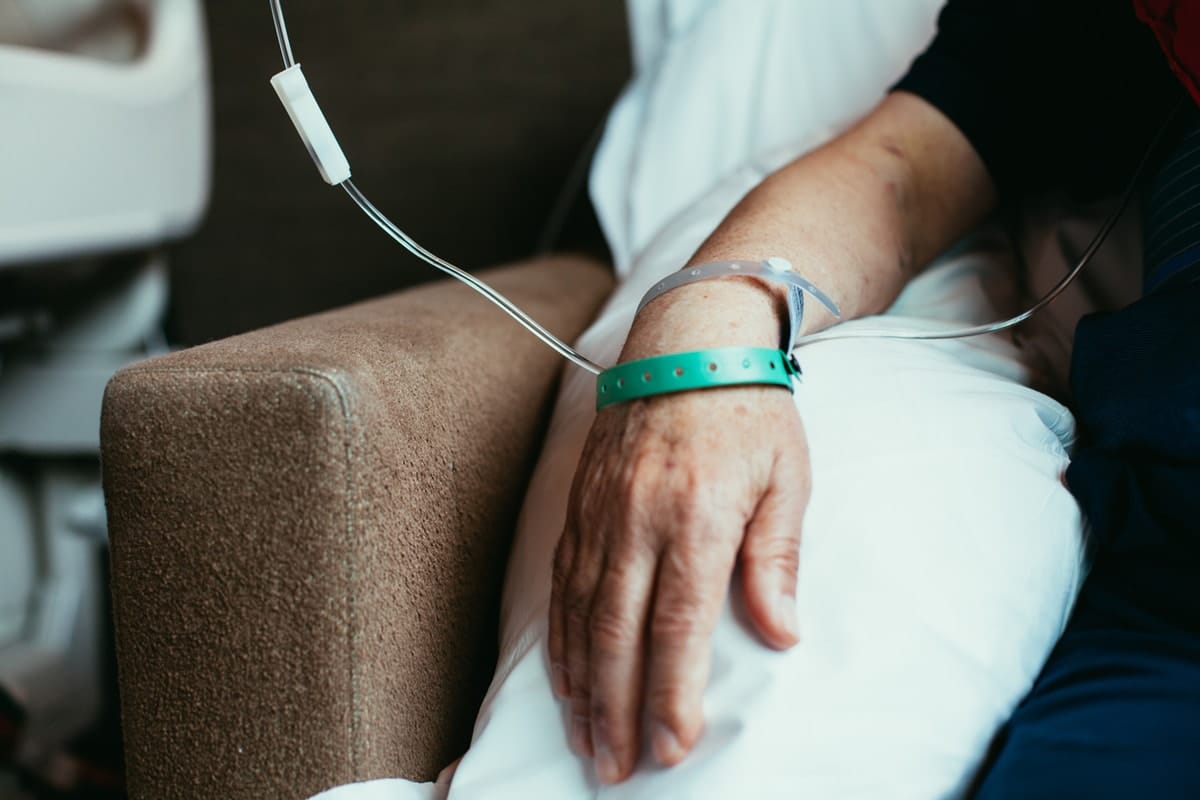
"Stay at home.” This vital message is our main defence for everyone against this disease, but what if you’re one of the people in our community for whom this is just not possible? There are exemptions for travel for medical reasons, but there are many other facets of life to consider for people with cancer or chronic illness, and their families.
So what should you do if you have cancer or a chronic illness, and how can the government, the health system and our society keep you safe? Here are a series of common questions and answers to inform what you should ask your treating team.
Will there be a change to my treatment? Surely my cancer treatment is the most important?
A critical decision is whether your current treatment should continue, be modified, or even paused. This is based on the fact that decisions about cancer treatment and for other chronic diseases always are prescribed after balancing the risks and benefits.
In the COVID-19 pandemic, there’s a major, new “competing risk of death”.
Risks not only include the side effects of the treatment and how it may impact on your quality of life and daily functioning, but also factors such as travelling, the need for an accompanying person, and the newer concept of “financial toxicity” that covers the impact of expenses such as parking at the hospital, and missing days at work. These are weighed against the benefits of treatment, which varies greatly between individuals.
Benefits depend on:
- “You” factors (such as age, other health problems and, of course, your own wishes)
- Disease factors (the stage of the cancer means how far it has spread and what organs it is affecting, and the type of cancer).
Your treating team (doctors, nurses and allied health professionals) makes an assessment of the expected benefit of treatment for you, or the patient you know, based on clinical trials and experience with other patients.
In the COVID-19 pandemic, there’s a major, new “competing risk of death”. This sounds gruesome, but unfortunately is a new reality we have to take into account. Basically, this means there’s something that may be more dangerous to you than the cancer or disease you’re facing.
In that light, the risk/benefit ratio of treatment may change, particularly if the treatment may make you more vulnerable to getting COVID-19. So if it’s recommended that you have a treatment break, or perhaps less aggressive treatment, this advice would be to keep you safer.
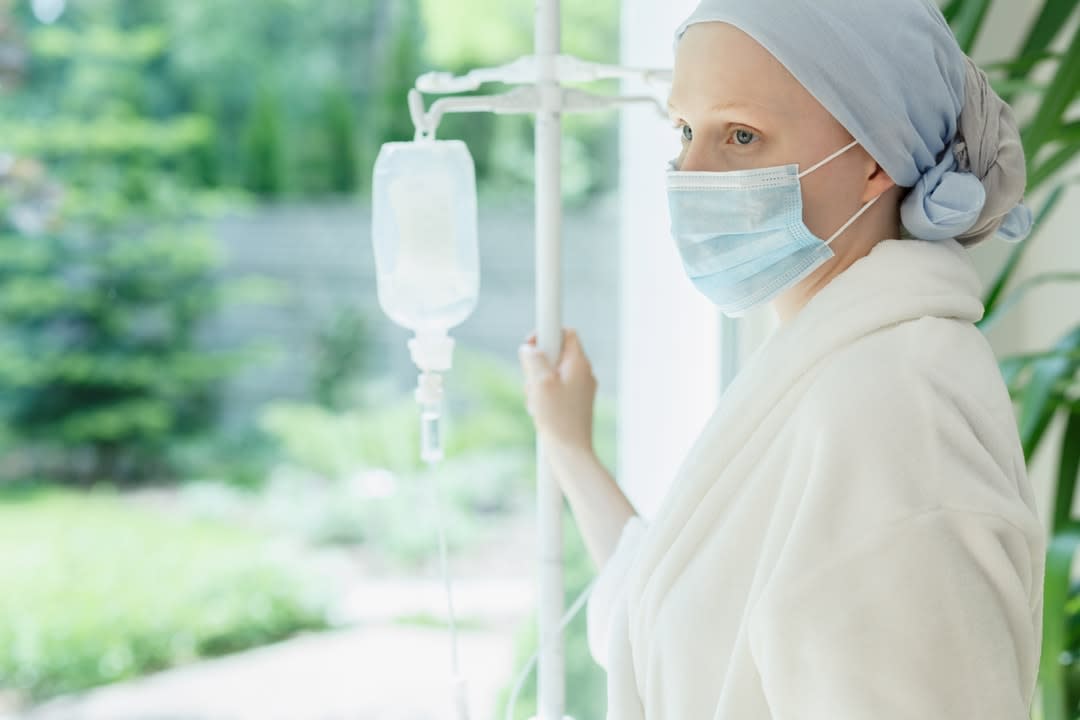
Can my treatment make me more vulnerable to COVID-19?
There are two factors to consider here.
- The effect of the treatment on your body, particularly the immune system. This needs to be weighed up against how your body might be if you don’t have the treatment.
- All the logistics around having the treatment, particularly if it means multiple visits to hospitals, locations for blood tests and scans, and visits to pharmacies and GPs. Again, this will be a balancing act that your treating team will need to discuss with you.
Why is it so important that patients with cancer and chronic illness don’t get COVID-19?
We know from China, Italy and other countries now that patients with cancer have a higher chance of severe COVID-19 disease and death than healthy members of the public. This may be due to the fact that many cancer patients are older and may have other illnesses (such as from smoking). There’s also the grim situation overseas where resources may be rationalised – this is why it’s so important to “flatten the curve” and make sure all COVID-19 patients get access to care.
What happens if I get COVID-19?
You should talk immediately to your treating team. Do not go to the hospital for treatment or any tests in the usual way. Your team will give you directions about next steps, and about which of your medications should be stopped. Rest assured, your care will continue and you won’t be abandoned.
What should the government be doing?
Doctors have called for the government to relax the strict rules about what cancer drugs they can prescribe and what drugs are reimbursed. This will allow more flexibility and more options, including tablets, while still being responsible financially and basing treatments on evidence.
Some treatments currently require continuous treatment, and we need to allow breaks without denying patients the chance to restart the treatment in the future.
There are also changes to funding models for home chemotherapy and other services that could help reduce the number of visits to hospitals. We need to reduce the number of patients attending hospitals for their safety and for the safety of all healthcare workers.
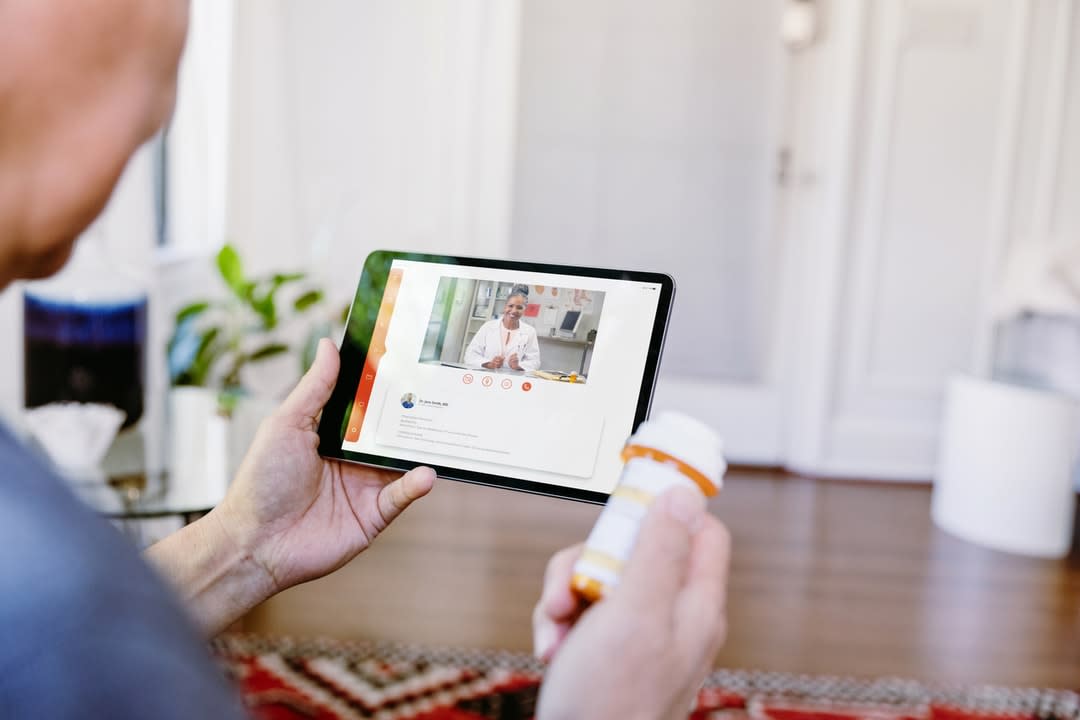
What can I do right now?
- Make sure you and your household stay at home whenever possible.
- Schedule a consultation with your doctors and nurses to discuss your individual situation. This should be done by videoconferencing, if at all possible. Most doctors and hospitals are using Telehealth, and video is much better than telephone. Don’t be afraid of the technology – it’s easy to use, and there’s a lot of help available. Your relatives can also be looped into the video consultation from their homes. If you then need to attend in person, this can be streamlined so you can have all your tests and treatments together if possible.
- You should also make sure you and your family understand all about your health situation. It’s a time for honesty, even though there is uncertainty (from before COVID-19) on what any individual’s life expectancy or response to treatment will be.
- You should prepare your will (we all should!), and talk to your family about your wishes. This is not just for cancer patients – all of us in the community should do this.
This is so confronting. How will I cope?
The stresses on patients and carers are great, even before COVID-19. There are many resources for stress, mental health and maintaining wellbeing, with some special counselling services.
You should discuss your concerns, fears and anxiety with professionals, as well as with your support people. Your treating team knows you well, so they are a good source of information that may help you put your concerns into context.
We’re here to help. Healthcare workers everywhere are preparing, and we have a good understanding of some of the challenges ahead, faced by other countries. Our commitment is to our patients, and we’re doing everything possible so that we all safely come through this pandemic. Reach out – we’re here always, whenever you need us.
Resources
Information hub about cancer and COVID-19 (Cancer Australia)
Information about mental health, wellbeing and COVID-19 (Lung Foundation Australia)
Cancer and COVID-19 (Cancer Council Australia)
Mental health and COVID-19 (World Health Organisation)


